Whether it is getting ready for a new school year or preparing your lawn for autumn, the change from summer to fall is often a time of additional planning, extra activities, and for many of us, it is a time of reflection. As our kids’ summer vacations wind down, we are faced with getting ready for packed lunches, establishing routines, and increasing our organization around the house. We think the change of seasons is a good time to also assess your current healthcare needs.. See the following five recommendations to evaluate where you and your family members are and set some healthcare goals for taking care of yourself and others within the next season.
- Primary Care Physician-Do you have a primary care physician and if so, when was the last time you had a physical? Check when your last appointment was; if it was more than a year ago, strive to make an appointment for this season. If you don’t have a primary care physician, be sure to identify one and schedule an appointment.
- Dentist– When was the last time you went to the dentist? Make your oral health a priority and make an appointment if it has been longer than six months since you have had an appointment. This might also be an ideal time to swap out that toothbrush if it has been awhile.
- Screening Appointments– Are you at the stage in your life when you are due for a mammogram, colonoscopy, or skin check? Call to get these important tests scheduled for a day this upcoming season.
- Medication List– Do you take prescribed or over the counter medications and supplements? If so, spend a few minutes writing them down or taking pictures of the bottles including the schedule of when you take them. We use an electronic documentation system, MedActionPlan. This method has been very beneficial for our clients. When this system is implemented and one of a client’s physicians recommends a change, everyone one healthcare team can view and assess the list of current medications to be sure to avoid undesirable reactions.
- Assess your support– Are you in a situation where you or a family member needs additional support? Even if you don’t need extra assistance currently, but may soon, now is the time to start planning. A member of your medical team may have a recommendation or we are always happy to help, even if it is brainstorming during an informal discussion.
At 2×2 Health, whether we are in the same room with you or across the country, we want to be a resource to assist you and your loved ones. Our goal is for more and more people to be engaged and feel confident in their healthcare care experiences.
Wendy Benson, MBA, OTR/L

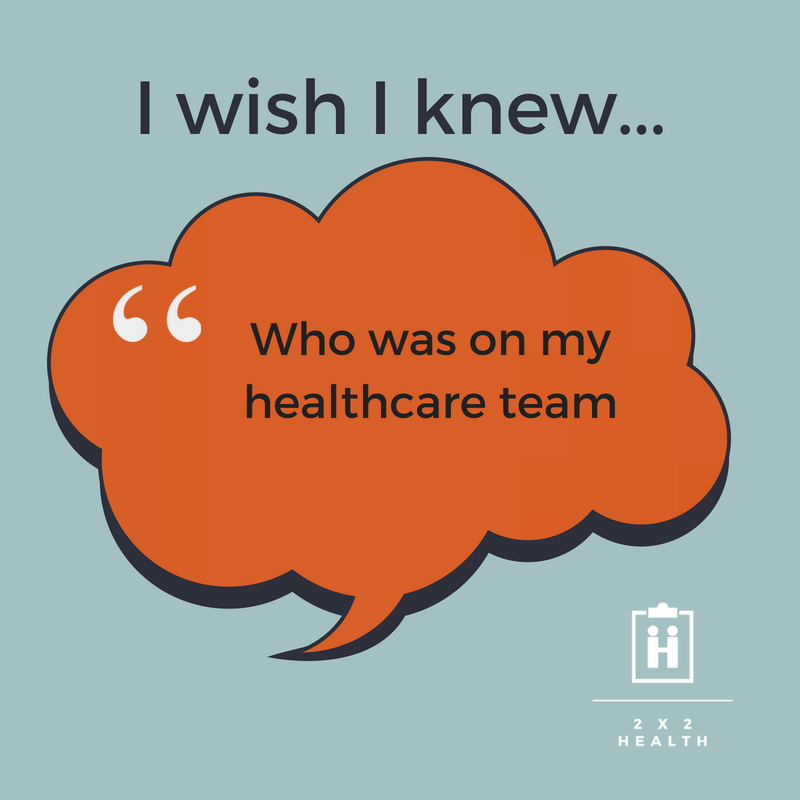

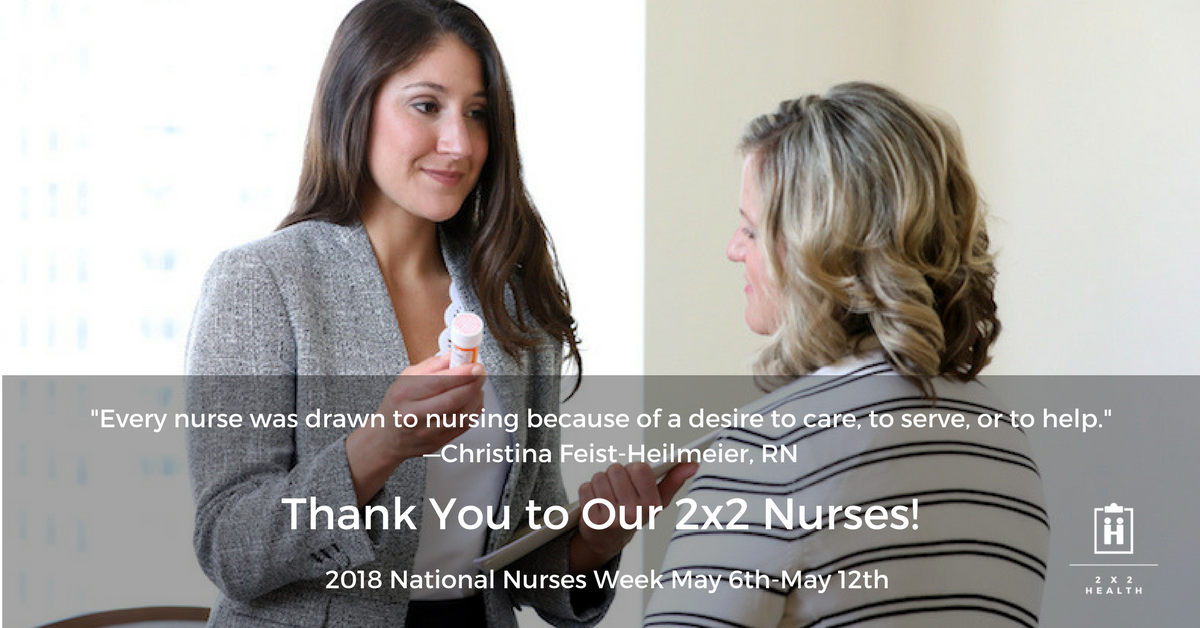
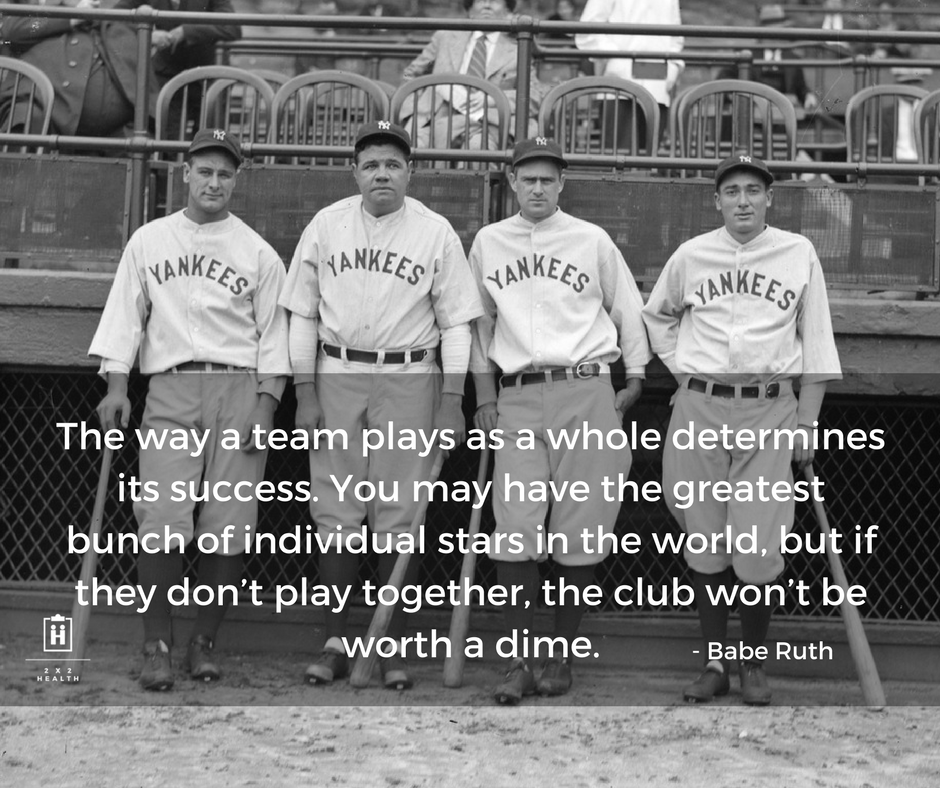


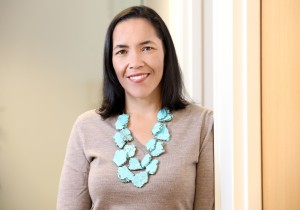 comes to eating fresh and healthy. Stacey is a dietitian and District Manager at Sodexo and National Dining Director of Covenant Retirement Communities. Stacey has a great deal of experience in healthcare, university settings, and long-term care facilities. She has a passion for real food and maintaining a balanced lifestyle. She knows that a healthy balance means: good nutrition, regular physical activity, getting enough sleep at night, managing stress, and meaningful time with family and friends. Stacey has a BS degree in Family and Consumer Science from Western Illinois University as well as a Master’s Degree in Nutrition from Texas Woman’s University. Stacey is married with two young children and loves finding recipes that are nutritious that the whole family will love.
comes to eating fresh and healthy. Stacey is a dietitian and District Manager at Sodexo and National Dining Director of Covenant Retirement Communities. Stacey has a great deal of experience in healthcare, university settings, and long-term care facilities. She has a passion for real food and maintaining a balanced lifestyle. She knows that a healthy balance means: good nutrition, regular physical activity, getting enough sleep at night, managing stress, and meaningful time with family and friends. Stacey has a BS degree in Family and Consumer Science from Western Illinois University as well as a Master’s Degree in Nutrition from Texas Woman’s University. Stacey is married with two young children and loves finding recipes that are nutritious that the whole family will love. animals on pasture, in a natural and healthy way. Their farming practices benefit the earth and produce highly delicious products. They operate a farm in Chatworth, Illinois, 80 miles south of Chicago where they raise chickens and turkeys who roam and eat in the grass pastures. Not surprisingly, when the animals eat grains, those grains are grown locally by a small farmer within a few miles of them in a natural, organic environment. Mark and Katie’s explain that their philosophy is truly time-honored; that delicious and nutritious food comes from animals that eat and live well. They are in the second season of their farm and have fresh Thanksgiving turkeys and fresh pastured chicken and eggs, among other items. Timberfeast offers weekly pick-ups and home deliveries around Chicagoland throughout the year and is currently taking orders for Thanksgiving. Their website is:
animals on pasture, in a natural and healthy way. Their farming practices benefit the earth and produce highly delicious products. They operate a farm in Chatworth, Illinois, 80 miles south of Chicago where they raise chickens and turkeys who roam and eat in the grass pastures. Not surprisingly, when the animals eat grains, those grains are grown locally by a small farmer within a few miles of them in a natural, organic environment. Mark and Katie’s explain that their philosophy is truly time-honored; that delicious and nutritious food comes from animals that eat and live well. They are in the second season of their farm and have fresh Thanksgiving turkeys and fresh pastured chicken and eggs, among other items. Timberfeast offers weekly pick-ups and home deliveries around Chicagoland throughout the year and is currently taking orders for Thanksgiving. Their website is: 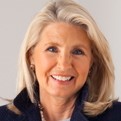 ask ourselves, “What can I do to help? Because many our clients have similar concerns when their loved ones are in the hospital, I reached out and talked with an expert in the field, Karen Curtiss
ask ourselves, “What can I do to help? Because many our clients have similar concerns when their loved ones are in the hospital, I reached out and talked with an expert in the field, Karen Curtiss